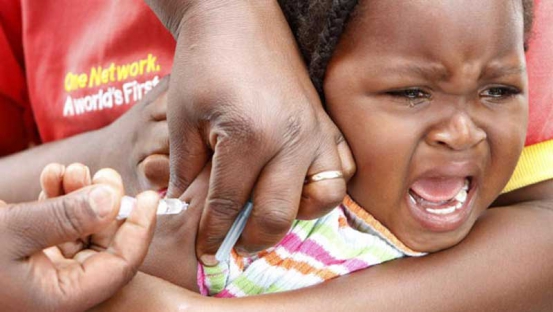
Knowledge is power. It’s a saying that goes back centuries, and has resonance with so many situations around the world. But in one particular case, knowledge can mean the difference between life and death: immunisation.
Globally, immunisation is considered a vital factor in reducing child mortality and ensuring children can survive and thrive to adulthood. But in Kenya, as of 2015, nearly one in five infants – over 19 million Kenyan children – missed out on the basic vaccines they need to stay healthy. This low immunization level compromises gains that Kenya has made in all other areas of health for mothers and children. And sadly, the poorest and most vulnerable children are most likely to be unimmunised.